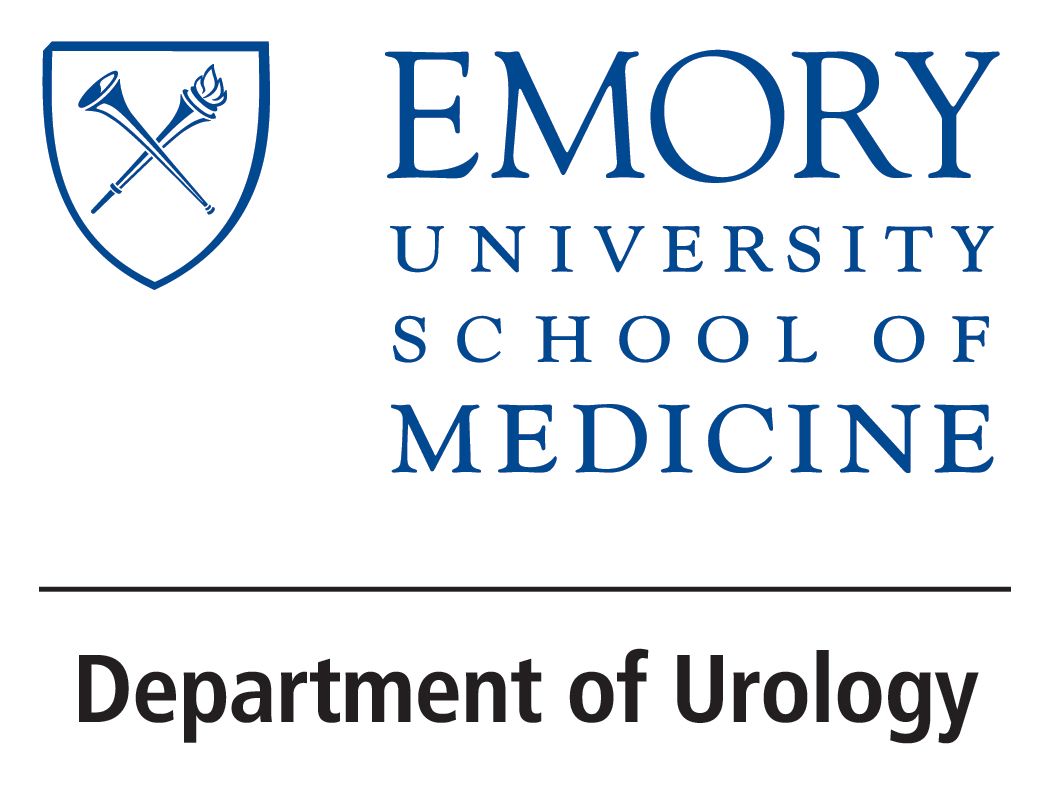
Shreyas Joshi, MD, highlights initial promise from pivotal trial of EG-70

"We're very much looking forward to the new data that'll be presented, hopefully, within the next year, to see where this falls in the grand scheme of the all the new drugs coming into play here," says Shreyas S. Joshi, MD, MPH.
In this video, Shreyas S. Joshi, MD, MPH, highlights early findings from the ongoing phase 2 LEGEND trial (NCT04752722) of detalimogene voraplasmid (EG-70) for patients with high-risk non–muscle-invasive bladder cancer (NMIBC). Joshi is an assistant professor of urology at Emory University School of Medicine in Atlanta, Georgia.
Video Transcript:
The FDA had a real desire to have treatments available for BCG-unresponsive patients, so those patients who have gotten at least 5 doses of an induction and at least 2 doses of another induction or maintenance BCG. If they continue to have persistent disease, and there's definitions around that, then they are applicable to get a salvage therapy. In that salvage setting, we've had multiple drugs in the past. Pembrolizumab has been approved, which is an IV infusion. We now have Adstiladrin, which is nadofaragene, which is intravesical. We now also have Anktiva, which is in combination with BCG. All of these drugs are trying to hit this space where patients who otherwise would go to cystectomy after not responding to BCG. Can we spare their bladders?
We were involved in the phase 1/2 part of this study. Now we're also involved in the pivotal phase 2, which is equivalent to the phase 3 part of the study. It's an international study, and we're looking at patients who are BCG-unresponsive and trying to prove efficacy. The outcomes would be complete response at any time, and then complete response at different time points, 3 months, 6 months, and 1 year. The initial data was very promising for the initial 3-month complete response rates, being well above 60%. Now, that's really promising, but we always want to see durability, especially for those patients who initially responded. We're very much looking forward to the new data that'll be presented, hopefully, within the next year, to see where this falls in the grand scheme of the all the new drugs coming into play here. If it's showing good efficacy, hopefully we can see this get FDA approval and have this as an option for the rest of our patients, too.
This transcript was AI generated and edited by human editors for clarity.
Newsletter
Stay current with the latest urology news and practice-changing insights — sign up now for the essential updates every urologist needs.






